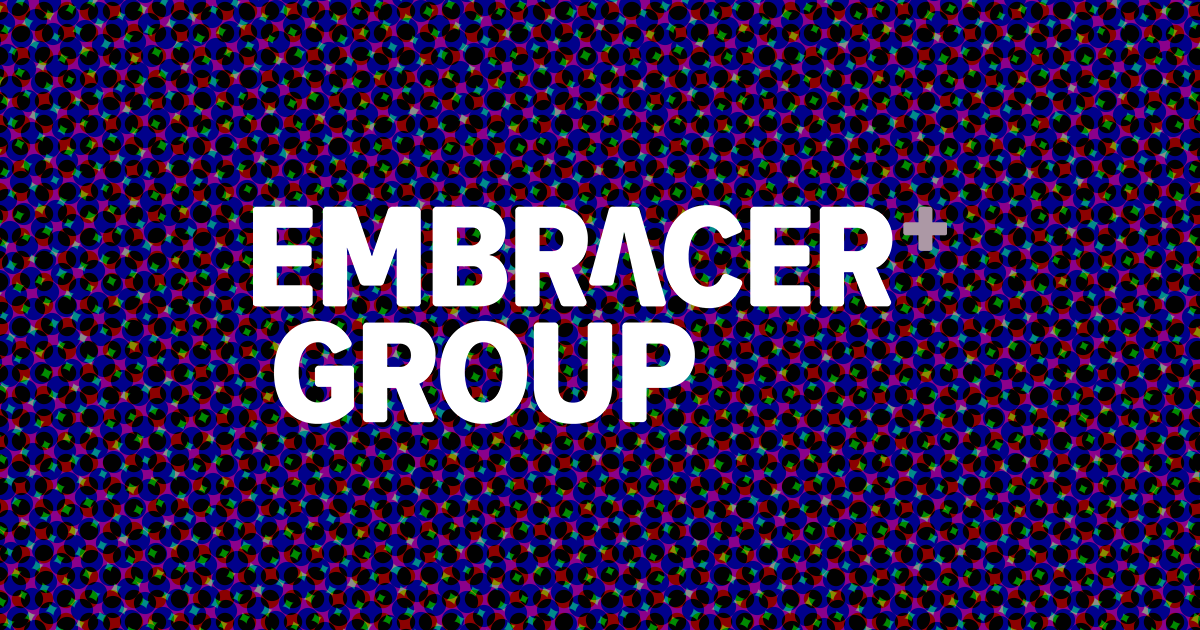Newly restructured Swedish conglomerate, Embracer groupwill use AI models to drive game production.
As stated in Embracer’s annual reportthe company has adopted a new AI policy package that it says has the potential to “massively improve” its manufacturing process by “increasing resource efficiency, adding intelligent behavior, personalization and optimization to gameplay experiences.”
Embracer says that by using AI, it can create more engaging and immersive experiences that provide each player with a “unique, dynamic and personal experience.”
“We also see big opportunities for AI in the areas of game development speed, logistics and planning. Embracer Group also understands the potential risks associated with the use of AI,” the company adds, noting that “AI can also be used in areas such as logistics or HR to improve planning and decision-making, talent acquisition support and improve employee experiences or retention.”
Embracer, resulting in more than 1,500 employees being laid off and 80 projects canceled in the past yearsuggests that not using AI for “relevant tasks” will result in it being “overtaken by our competitors.”
The company admits that adopting AI models is not without risk, but claims the policy will “empower” employees to help create “more powerful experiences in the same amount of time.”
“Companies within Embracer Group that use AI within their operations are subject to both general and specific laws and requirements that impact the development and use of AI. These requirements, due to the nature of AI applications, are comprehensive and require, among other things: documentation, risk assessments and ongoing updates,” reads the company’s risk assessment.
“AI can also produce unethical, biased, discriminatory or completely wrong results if it is not properly trained, instructed or used for purposes for which it was not designed. Furthermore, AI-generated material is not patentable or copyrightable, which means we need to understand how material is produced, especially by third parties, as such material can cause serious copyright or intellectual property issues with the final product.”
Embracer says AI models will not replace human workers
Embracer says it doesn’t want to replace humans with AI and is taking a “human-centric approach” to the technology – even going so far as to say it could open the door to new hires.
“Not only will AI allow our developers to do even more, and become more efficient at certain tasks, it will also open up coding to a broader group of developers. Entry into the industry can be easier for people with disabilities who, for example, cannot use a keyboard as easily as others,” said Tomas Hedman, head of privacy and AI management at Embracer.
Hedman says the company’s “risk-aware approach” means it is aware of the pitfalls associated with AI models. Therefore, he says, Embracer must “act consciously.”
“AI is trained on historical data, which tilts in a certain direction. As a result, you can end up with unbalanced automated decision-making. Suppose you are building a village. If you use AI to do that, depending on how you’re trained and the decisions you make, you could end up with a village with a demographic that has some kind of imbalance,” Hedman says.
“As AI models become more powerful, we can also leverage their capacity in the creative process, for example by identifying inconsistencies in scripts and stories. There will be huge benefits for our creative teams in scriptwriting, image creation, idea generation and quality control. And as models become more human, the interaction between players and AI-enabled features will be much more dynamic. If you negotiate in a game scenario, AI can remember this the next time, making the experience much more interesting and lifelike.”
Embracer is not the first company to embrace the potential of AI. Earlier this year, EA boss Andrew Wilson claimed 60 percent of publishing development processes could soon be influenced by generative AI. Others including Sony, Square Enix, Ubisoftand more have also started tinkering with the technology.
